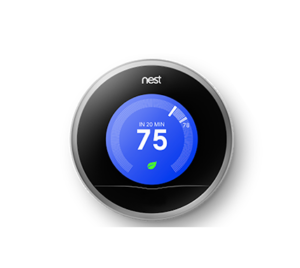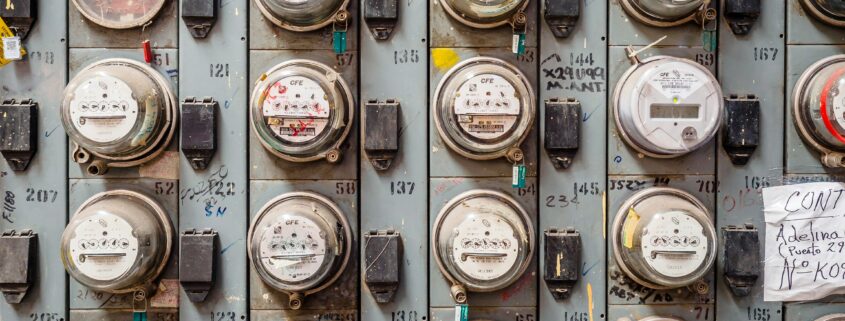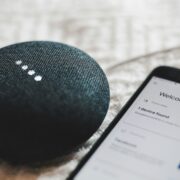Energy Savings with your Smart Home
The concept of a “smart home” has increasingly gained prominence. Beyond offering convenience and luxury, smart homes also play a crucial role in promoting energy efficiency and environmental sustainability. I’ll show you how having a smart home can contribute to significant energy savings.
Smart Thermostats

One of the primary contributors to energy consumption in homes is heating and cooling. Smart thermostats revolutionize how we control our indoor climate. These devices learn your daily routines and adjust the temperature accordingly. By efficiently managing heating and cooling cycles, smart thermostats can significantly reduce energy wastage, leading to lower utility bills and a lighter environmental footprint.
Energy-Efficient Lighting Solutions
Smart lighting systems offer more than just the ability to control your lights remotely. They come equipped with features such as motion sensors and programmable schedules. This means lights only activate when needed, minimizing unnecessary energy consumption. Additionally, smart bulbs are often energy-efficient LED bulbs, further contributing to energy savings.
Automated Home Appliances
Smart home appliances, like washing machines, dishwashers, and refrigerators, can be programmed to operate during off-peak hours when energy demand is lower. By leveraging this feature, you not only save on energy costs but also support a more stable and sustainable energy grid.
Intelligent Power Management Systems
Smart power strips and outlets offer a convenient way to manage the energy usage of various devices. These devices can automatically turn off power to peripherals and electronics when not in use, preventing standby power consumption, also known as “phantom energy.” Over time, this simple yet effective strategy can result in substantial energy savings.
Solar Integration and Smart Grids
For those looking to take their energy savings to the next level, integrating smart home systems with solar panels and smart grids can be a game-changer. Smart homes can communicate with the power grid to optimize energy consumption based on real-time pricing and the availability of renewable energy. This not only reduces reliance on non-renewable sources but also allows homeowners to take advantage of cost-effective energy options.
Embracing smart home technology is not just about luxury; it’s a strategic move towards a more sustainable future. By integrating smart devices into our homes, we not only enhance our daily lives but also contribute to the broader goal of reducing energy consumption. As we move forward, the role of smart homes in promoting energy savings will likely become even more significant, shaping a greener and more efficient world for generations to come.










Leave a Reply
Want to join the discussion?Feel free to contribute!